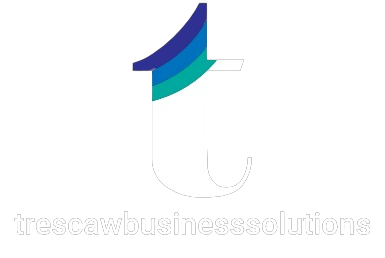Cost-Effectiveness

Cost-Effectiveness
Cost-effectiveness refers to the efficiency with which resources (usually financial) are used to achieve a particular outcome or result. It is a measure commonly used in business, economics, healthcare, and various fields to evaluate whether the benefits obtained are worth the resources invested.
1. Business and Economics: In business, cost-effectiveness analysis helps determine the most efficient way to allocate resources to achieve specific business goals. It involves comparing the costs of achieving a certain level of output or outcome against the benefits derived from it.
2. Healthcare: In healthcare, cost-effectiveness analysis is crucial for evaluating the efficiency of medical treatments, interventions, or healthcare programs. It helps healthcare providers and policymakers decide which treatments or interventions provide the most health benefits for a given cost.
3. Public Policy: Cost-effectiveness is also used in public policy to assess the efficiency of government programs and policies. Policymakers use cost-effectiveness analysis to make informed decisions about resource allocation and to ensure taxpayer money is used efficiently.
Cost-Effectiveness
Key considerations in cost-effectiveness analysis often include not just the direct financial costs but also the broader impacts and outcomes achieved relative to those costs. This can include factors like improved health outcomes, increased productivity, or other measurable benefits.
Overall, cost-effectiveness analysis provides a systematic approach to decision-making, helping organizations and policymakers optimize resource allocation and achieve maximum value from their investments.


